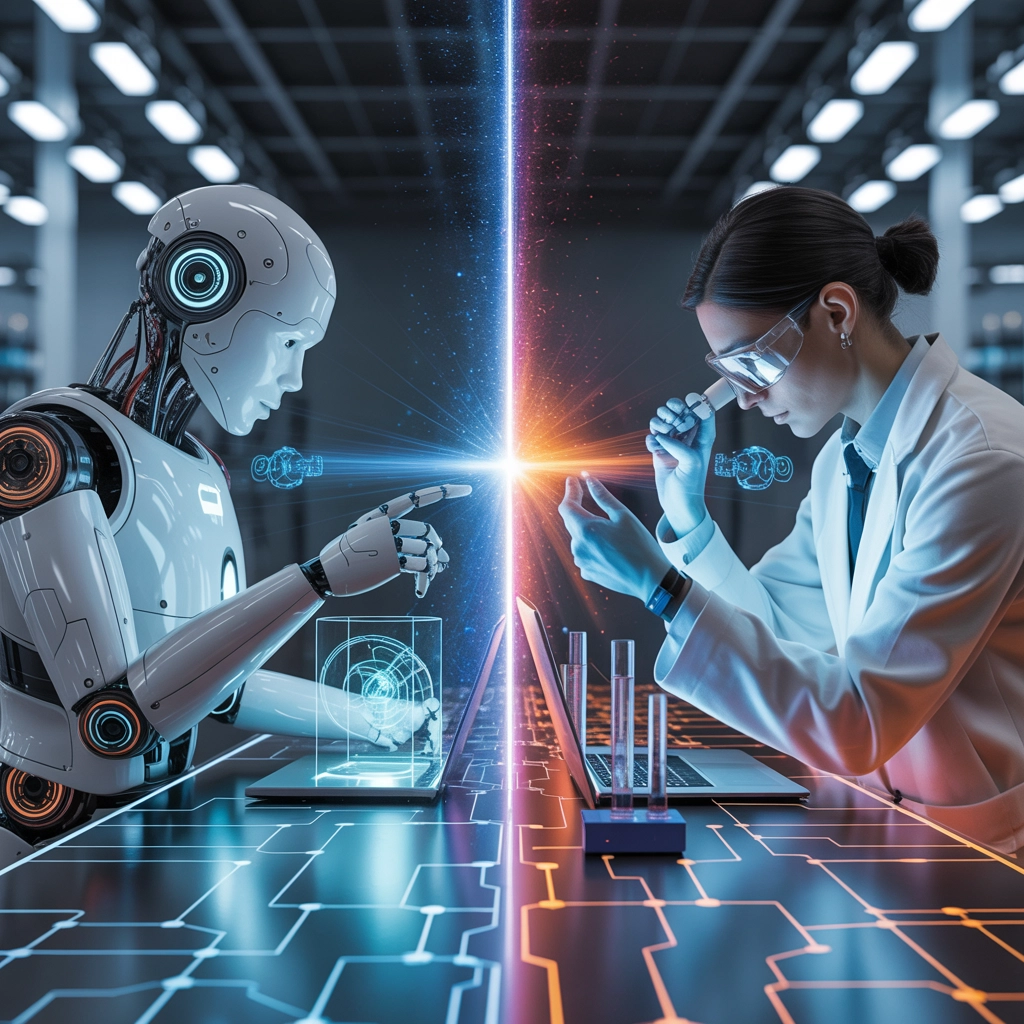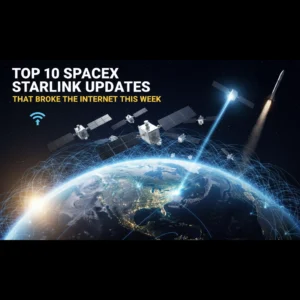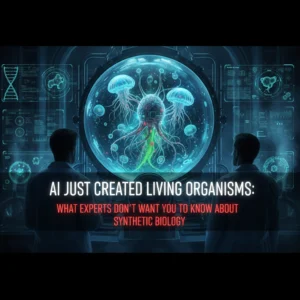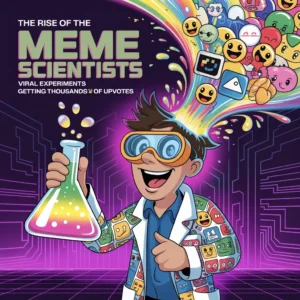What if I told you that the future of scientific breakthroughs might not be about choosing between AI robots and human scientists, but about knowing when each one shines brightest?
Last month, researchers at Stanford ran a fascinating experiment. They gave the same bird classification task to humans alone, AI alone, and human-AI teams. The results? Humans scored 81%, AI got 73%, but when they worked together, they hit 90%. That's not just interesting, it's a game-changer for how we think about research.
But here's the twist: this success story doesn't happen every time. Sometimes, mixing humans and AI actually makes things worse. So when should you bet on silicon, carbon, or both?
The AI Robot Revolution in Labs
AI robots are basically research ninjas, they never get tired, never call in sick, and can work with stuff that would literally kill you.
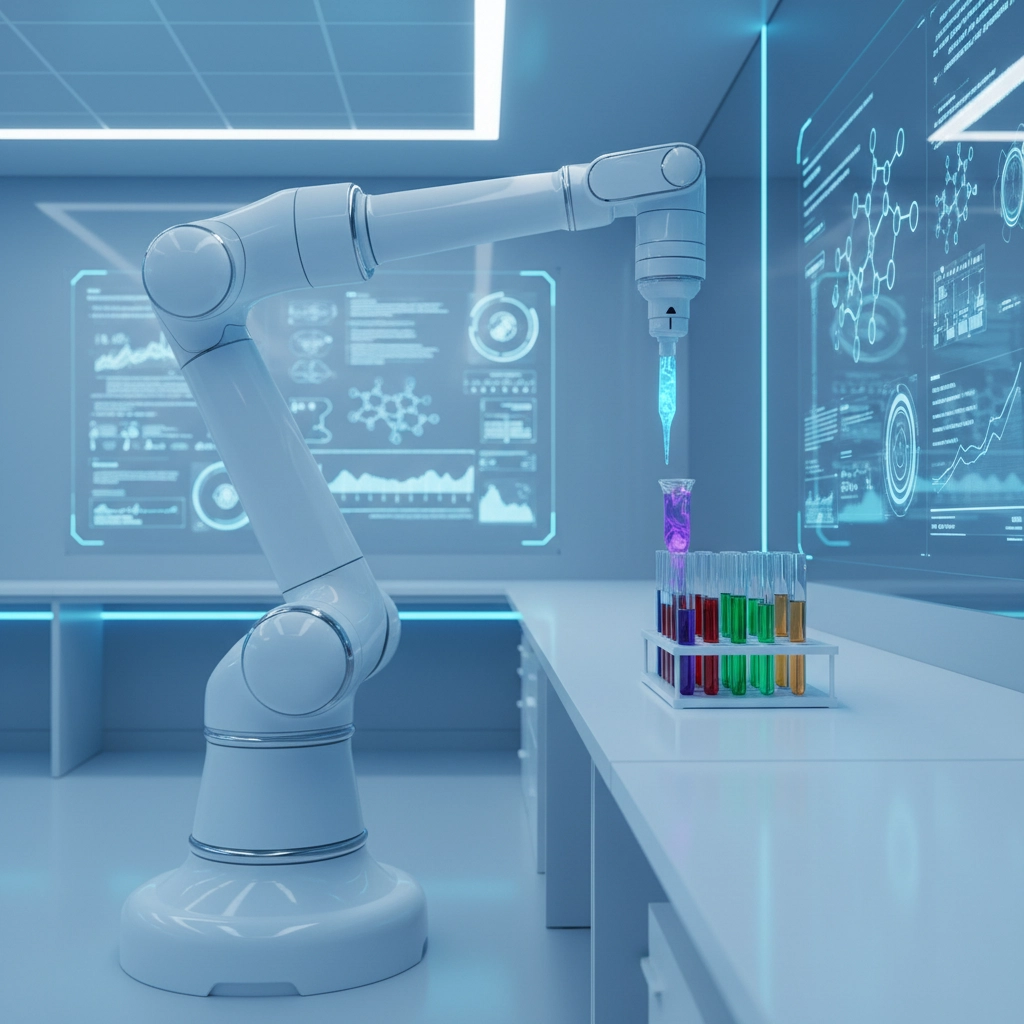
Picture this: while you're sleeping, an AI robot is running its 47th experiment of the day, testing chemical combinations that could cure cancer. It doesn't need coffee breaks, doesn't make measurement errors because it's having a rough morning, and definitely won't accidentally contaminate samples because it got distracted by a notification.
These robotic researchers operate on five different levels, from simple assistive tasks all the way up to full autonomy. At the basic level, they're like really precise lab assistants, measuring, mixing, and monitoring with clockwork precision. At the advanced end? They're designing their own experiments and making discoveries humans never even thought to look for.
The speed advantage is insane. Traditional human-led research moves at the pace of, well, humans. AI robots can run experiments 24/7, generating massive datasets that would take human teams years to collect. They're especially brilliant at what scientists call "high-throughput screening", basically testing thousands of possibilities in the time it would take a human to test dozens.
But here's where it gets really wild: AI can generate what researchers call "alien hypotheses." These are scientifically sound ideas that are so outside human thinking patterns that we probably wouldn't consider them for decades, if ever.
Human Scientists: The Creative Powerhouses
Now, before you start planning AI robot's victory parade, let's talk about what humans bring to the table that silicon simply can't match.
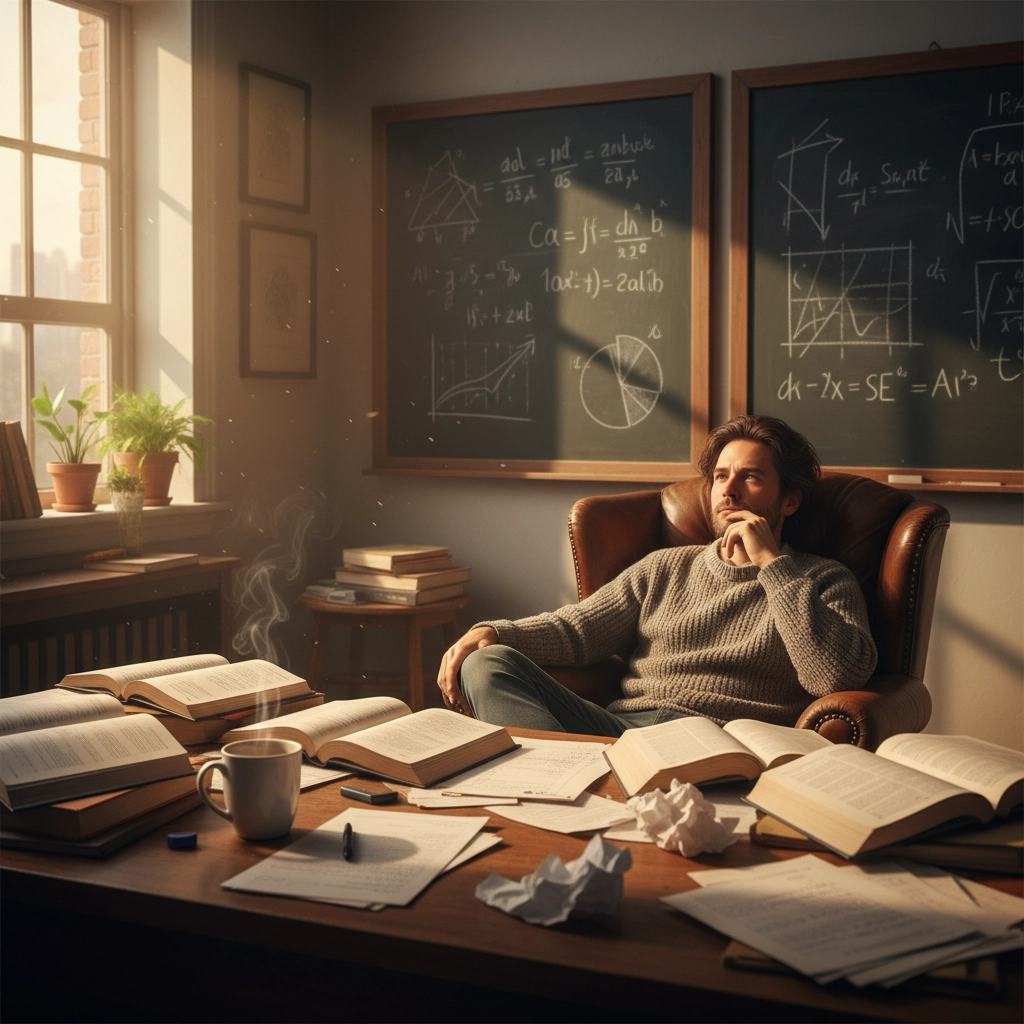
Humans have this weird, wonderful ability to make creative mental connections that seem to come out of nowhere. You know that "eureka!" moment when two completely unrelated ideas suddenly click together in your brain? That's pure human magic, and AI can't replicate it.
I once read about a biologist who figured out a key insight about bird migration while stuck in traffic, watching cars merge on the highway. That random connection between traffic patterns and animal behavior led to a breakthrough understanding of flocking dynamics. Try programming that kind of creative leap into a robot.
Human scientists also excel in specialized domains where deep, contextual knowledge matters more than processing speed. When you're dealing with complex, uncharted research territories, human expertise and intuition often outperform AI's pattern-matching abilities.
Plus, humans are incredibly good at knowing when to trust AI and when to ignore it. This "trust calibration" is crucial: we can sense when an AI suggestion feels off, even if we can't immediately explain why.
The Surprising Truth About Combinations
Here's where things get really interesting (and a bit messy). You'd think combining human creativity with AI precision would always create super-teams, right? Wrong.
Research shows that human-AI combinations often perform worse than the best individual approach. But: and this is a big but: when AI outperforms humans alone in a specific domain, that's when the magic happens. The combination suddenly becomes better than either working solo.
Think of it like this: if you're a great basketball player and I'm terrible, putting us on a team doesn't make us twice as good. But if we're both skilled in different ways: you're great at shooting, I'm great at defense: then we might create something special together.
The key is developing what scientists call "human-aware AI." This isn't just AI that works alongside humans; it's AI that actually understands human thinking patterns and can both accelerate human discovery and point out our blind spots.
When to Choose Your Research Champion
So when should you bet on AI robots vs human scientists? Here's the breakdown:
Go with AI robots when you need:
- Continuous, round-the-clock experimentation
- Handling dangerous or toxic materials
- High-precision, repetitive tasks
- Massive data generation and analysis
- Work in well-defined problem spaces
Choose human scientists when you're facing:
- Creative problem-solving challenges
- Uncharted research territories
- Need for specialized expertise and intuition
- Novel conceptual breakthroughs
- Adaptive thinking for unexpected situations
The hybrid sweet spot happens when:
- AI excels at the technical execution but humans provide creative direction
- You need both speed and innovative thinking
- Safety requires automation but creativity drives discovery
- Humans can guide AI toward promising research directions
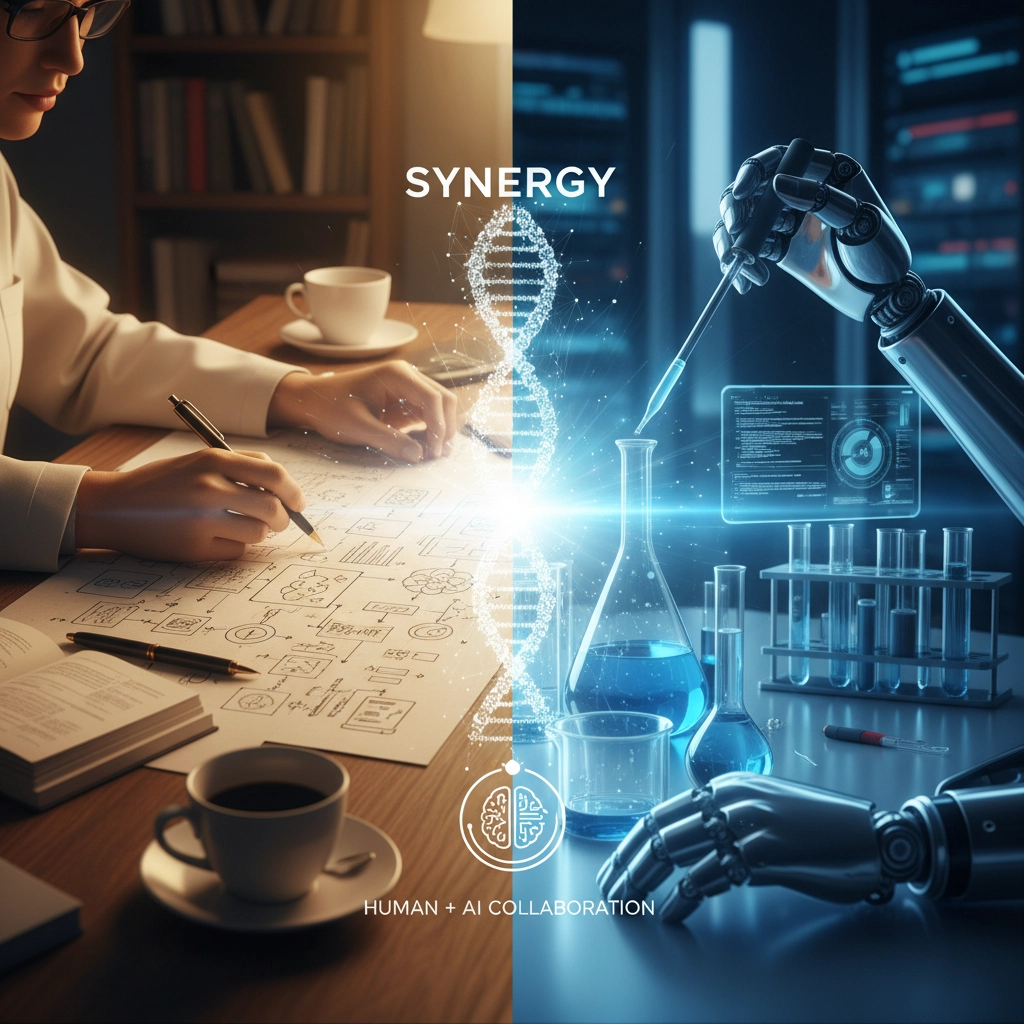
The smartest research labs are already implementing what's called "progressive automation." They start with AI handling routine tasks while humans focus on strategy and creative insights. As they better understand the research domain, they gradually increase automation levels: but they never completely remove human oversight for the creative and strategic decisions.
Here's a real example: drug discovery labs now use AI to rapidly screen millions of potential compounds, identifying promising candidates in days instead of months. But human scientists still make the crucial decisions about which directions to pursue and how to interpret unexpected results.
What's your take: are you team human creativity, team robot precision, or team "why-not-both"? And here's the bigger question: as AI gets more creative and humans get better at working with AI, where do you think we'll see the next breakthrough that changes everything?

